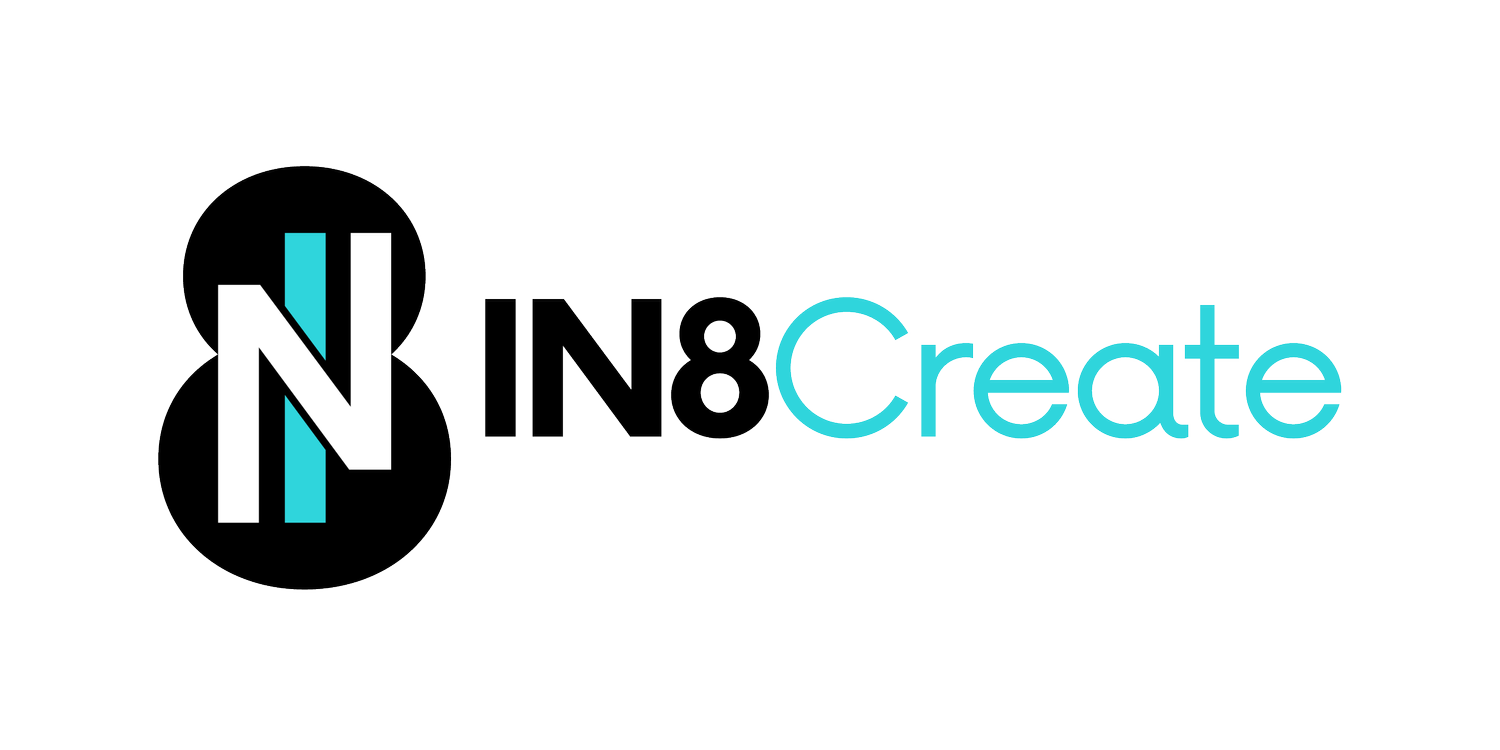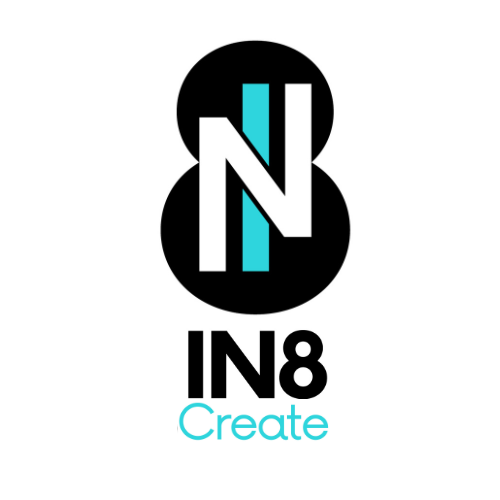The Invisible Hand of Peer Accountability
Why Your Team Needs It More Than Ever
There are only so many referees in the world.
No matter the sport, referees exist to enforce the rules and maintain fair play. Yet much of what makes games actually work relies on something else entirely: peer accountability among the players themselves.
Think about it. In basketball, players call their own fouls in pickup games. In golf, competitors keep their own scores. In tennis, players often make their own line calls. The game only works when players hold themselves and each other accountable.
But here's what I've been noticing: these unspoken agreements seem to be breaking down, and it's happening everywhere.
The Speakerphone Test
I've surveyed friends and colleagues, and I've yet to find a person who will admit that using speakerphone (for calls, videos, games) in public is appropriate. Yet I can't go to a coffee shop without at least one person listening to videos or having a conversation the whole room can hear.
If we can't even maintain basic courtesy norms in coffee shops, what's happening to accountability in our workplaces?
The Virtual Accountability Problem
This issue becomes even more critical when we consider remote and hybrid teams. Think about it: A-players naturally hold C-players accountable, but that peer pressure only works when connections are strong. Virtual connections are simply less solid than in-person ones. The weaker the connection, the less capacity for peer accountability.
It's like playing basketball with teammates you've never met. On a court where everyone knows each other, players naturally call out bad shots, lazy defense, or selfish play. But throw together a group of strangers, and suddenly everyone's just playing their own game. The peer accountability that elevates the entire team's performance disappears.
Three Ways to Rebuild Virtual Peer Accountability
The good news? Just like that pickup basketball game can develop chemistry over time, virtual teams can build the foundations for peer accountability. Here's how:
1. Peer Uplifting and Feedback
Create regular opportunities for team members to acknowledge each other's contributions and provide constructive feedback. This isn't about forced positivity—it's about establishing the norm that we notice and comment on each other's work.
2. Peer Support Systems
Pair team members as accountability partners or create small support groups within larger teams. When people feel responsible for each other's success, they're more likely to speak up when standards slip.
3. Peer Council Moments
Build in time for the team to collectively address challenges and set standards together. When the group defines what's acceptable and what isn't, peer enforcement becomes natural rather than confrontational.
The Cultural Multiplication Effect
Here's what's fascinating about peer accountability: it's either a positive or negative multiplier. If you have a lot of C-players, they can drag down team standards and create a culture where mediocrity becomes acceptable. But when your A-players are actively creating and supporting a culture of high expectations, excellence becomes contagious.
The key is making sure your best people feel empowered and responsible for maintaining standards, not just hitting their own targets.
The Bottom Line
We can't rely on managers to be the only source of accountability any more than we can rely on referees to call every violation. The strongest teams are those where members hold each other accountable—where peer pressure becomes peer excellence.
In our increasingly virtual world, we need to be more intentional about building these peer connections. Because when team members truly see each other as people they're responsible to (not just people they work with), everything changes.
The speakerphone test isn't just about coffee shop etiquette. It's about whether we still care enough about the people around us to consider how our actions affect them. Your team's performance might depend on the answer.
Want to build stronger peer accountability in your team? Our workshops help teams develop the connections and shared agreements that make peer accountability natural rather than forced. Let's talk about creating a culture where excellence becomes the norm.



